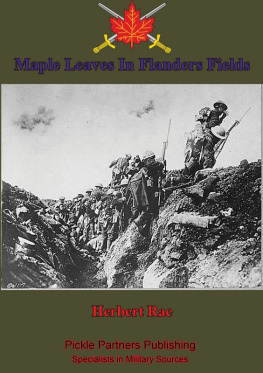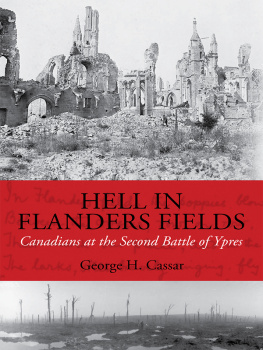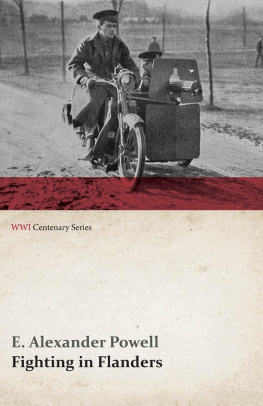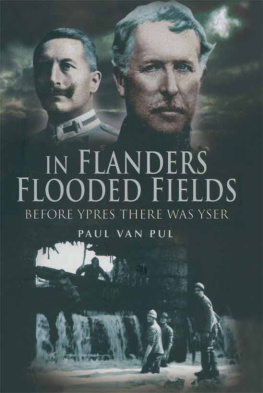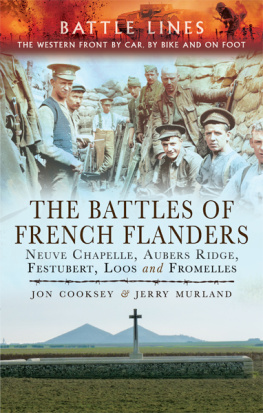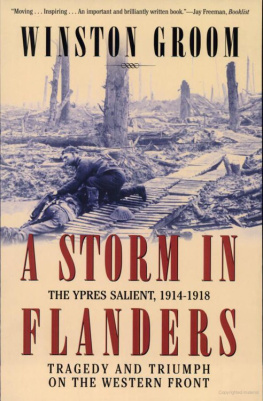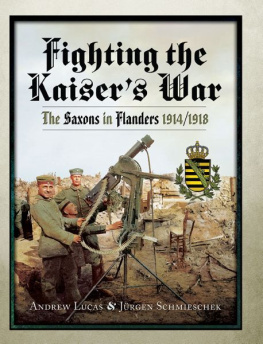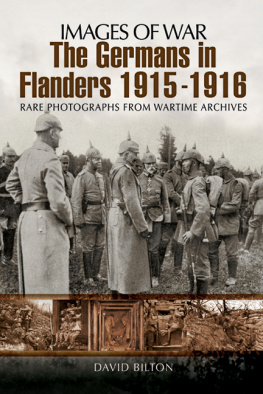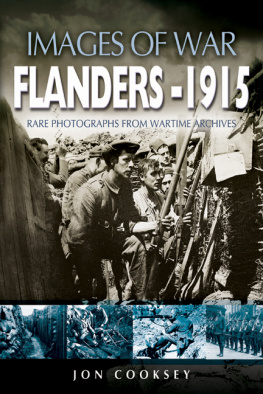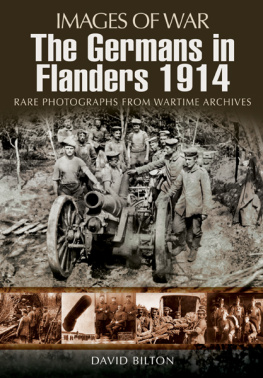

This edition is published by PICKLE PARTNERS PUBLISHING www.picklepartnerspublishing.com
To join our mailing list for new titles or for issues with our books contact@picklepartnerspublishing.com
Text originally published in 1916 under the same title.
Pickle Partners Publishing 2013, all rights reserved. No part of this publication may be reproduced, stored in a retrieval system or transmitted by any means, electrical, mechanical or otherwise without the written permission of the copyright holder.
Publishers Note
Although in most cases we have retained the Authors original spelling and grammar to authentically reproduce the work of the Author and the original intent of such material, some additional notes and clarifications have been added for the modern readers benefit.
We have also made every effort to include all maps and illustrations of the original edition the limitations of formatting do not allow of including larger maps, we will upload as many of these maps as possible.
MAPLE LEAVES IN
FLANDERS FIELDS
BY
HERBERT RAE
WITH AN INTRODUCTION BY
ADMIRAL SIR ALBERT MARKHAM, K.C.B.
TABLE OF CONTENTS
Contents
CHAPTER INEWS OF BATTLE
DEDICATION
TO
MAJOR-GENERAL A. W. CURRIE, C.B.
1ST CANADIAN DIVISION
INTRODUCTION
THE writer of the following pages has done me the honour of inviting me to act as sponsor to his book, by adding an introduction.
Having read the contents very carefully, I have arrived at the conclusion that an introduction, especially from my pen, is absolutely unnecessary; and I am confident that the readers of this book, before they have read many pages, will cordially concur with me. Nevertheless, I have gladly and willingly consented to do so.
In the first place I would like to offer my congratulations to the author, for the charming and appropriate title he has selected for his book. No better name could have been chosen; none more suitable.
The Maple Leaves will, I feel sure, never wither, but will always flourish, fresh and verdant, for many years to come over the Fields of the English-speaking people in every part of the civilized world.
Personally I am glad to associate myself with anything emanating from a Canadian source. I am proud to number many Canadians among my friends at the front, for all of whom I entertain a profound respect, love, and admiration; and I am therefore delighted, and honoured, in being afforded the opportunity of assisting in the launch of this latest Canadian venture on the stormy sea of literature. If I can in any way help in giving it a fair wind on its first voyage, it will be a great pleasure to me to do so.
Although all the names in this work are fictitious (including the authors), many of the persons mentioned are well known to me, and I can therefore more fully appreciate the jokes and witticisms herein related, better, perhaps, than others who are not so well known to them. The book is, practically, a narration of the experiences of some of the members belonging to the first Canadian Contingent that crossed the Atlantic to aid us in this world-wide war.
It is the story of Canadians by a Canadian, and is well and graphically told. It is written in a light and humorous style. It touches briefly on the formation of the Contingent in Canada, its organization at Valcartier, its training on Salisbury Plain, until eventually it was turned out, a finished article, ready to fight on the battle-fields of France and Flanders.
How splendidly they have fought is a matter of universal knowledge and admiration.
This should be sufficient introduction, but the book does more. It not only draws our attention, very strikingly, to the gallant fighting qualities and capabilities of our brave Canadians, but it also depicts in a most interesting fashion their love of fun, their quaint humour, their caustic wit, their typical whimsicalities, their endurance while undergoing hardships and privations of no ordinary character, their fortitude, and, above all, their determination to exhibit to the world at large, and to our enemies in particular, their loyalty to the Flag, and their intention to uphold and maintain the integrity of the Empire.
The dash and heroism they have displayed are here pictured modestly, with much pathos and with considerable ability.
It is not for me to enlarge on their noble and gallant achievements, but I would like to draw attention to the incident related on pages 74 and 84 as illustrating the spirit and the pluck that prevail and animate the men, as shown in the heroism and death of Private Brown.
That touching event will last for all time as a glorious epic of Canadian history!
The book must be read to be appreciated; and I have no hesitation in acceding to the authors request of bestowing on it my benedictionfor what it is worthand of commending it to the notice and patronage of the reading public.
A. H. MARKHAM.
September, 1916.
MAPLE LEAVES IN FLANDERS FIELDS
CHAPTER INEWS OF BATTLE
So it had come at last: the last rehearsal was finished and the curtain finally rung up. We dwellers on the coast could only hold our breath and wonder. There was a murmur in the air, and the east wind, as it came to us from across the mountains, carried with it a faint whisper, the subdued rattle of the European millions arming.
Were we to be in it, too?
In Grant and Dover Streets, where we wandered unable to sit still in the office, men were discussing this problem. For on the Old Countrys decision everything depended; no one doubted where Canadas duty would lead her. There were those of us who were broke, and they were indeed happy; a steady job, while it lasted, meant a respite from their difficulties, immunity from importunate tradesmen, and plenty of excitement! The married men in those days had many heart-searchings: the single men might be taken before them, or their wives might object to let them go.
The newspapers seized the opportunity and gleaned a golden harvest. Special editions appeared by the half-hour, and were as rapidly bought up. Militia officers, not yet in the glory of their war-paint, paraded the side-walks in twos and threes, or paused in groups to exchange ideas. They were authorities, pretending a knowledge which they probably did not possess, while the mere civilians hung breathless on their remarks. The clubs were crowded with anxious business men, too excited to talk business, and the bars conducted a feverish trade; while new-born tacticians and budding strategists consumed a wealth of hooch, and propounded schemes which became more involved and impossible, with each libation poured down their thirsty throats.
In the office the telephone was seldom silent. Godley of the Cape Police and Gates of Strathconas Horse, dropping in to see Murphy of the Sherwood Foresters, delighted the stenographer by the cheeriness of their greeting as they hammered on the office door.
Are you going to Europe? Where can I volunteer? Is there any use wiring Ottawa? Nobody waited for an answer. Belgium was in flames, that was enough; the Empire must declare war or be classed for ever with the yellow races.
Gates and Godley, wandering into the telegraph-office, collided with Waldie of the Rifles, slinking out unobtrusively, but with a satisfied light of accomplishment in his eye. Just been wiring to Calgary about some oil shares, he murmured by way of explanation.
Damned liar! muttered Gates as they watched him walk down the street. Hes on the Ottawa racket too.
Next page
